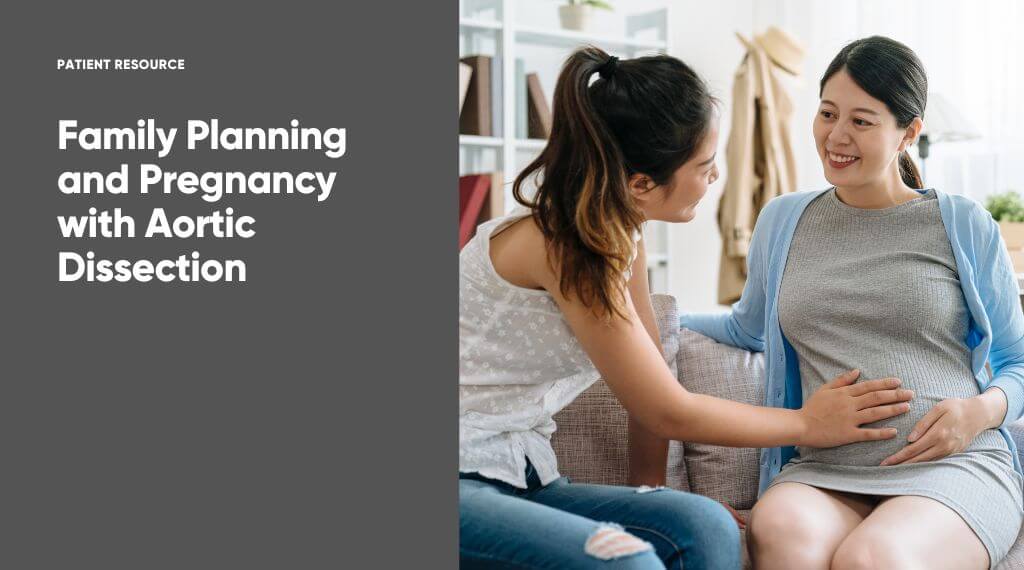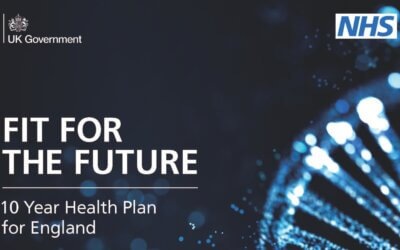Women with heritable thoracic aortic disease (HTAD), such as Marfan syndrome, Loeys-Dietz syndrome, or ACTA2-related conditions, face a significantly higher risk of developing an aortic dissection during pregnancy. Recent research using data from the European Society of Cardiology has shown that women with HTAD are almost 3,000 times more likely to experience an aortic dissection than the general pregnant population. Strikingly, 50% of these dissections occur in the postpartum (6 to 8 weeks after childbirth) period.
Understanding and Managing the Risks
These findings highlight the importance of continued monitoring and imaging after delivery. Experts recommend that women at risk remain under close clinical observation for at least three months postpartum. This period poses a significant risk, yet it is often overlooked once the baby has been delivered.
It is essential for women with HTAD or a history of aortic dissection to consult their medical team before conception. Cardiological and genetic counselling should be a routine part of care. Risk assessments, ongoing surveillance, and blood pressure management must be in place throughout pregnancy and the months following delivery. Echocardiography and, when appropriate, advanced imaging should be used to monitor aortic dimensions and detect any changes early.
Despite these risks, it is important to provide reassurance. The majority of women with a known aortic condition or dilated aorta will not experience a dissection. When care is well-managed, maternal mortality is very low, and most women go on to deliver healthy babies.
Family Planning and Pregnancy
The charity has developed a Family Planning and Pregnancy Guide to support women who are planning a pregnancy or are already pregnant. This guide draws on the latest clinical research and patient experiences. It addresses how to prepare for pregnancy, manage risks, choose the safest delivery options, and recover well after birth.
Emotional and psychological support is also vital. Living with the fear of a life-threatening complication can take a toll on mental health. The guide emphasises the importance of mental wellbeing and encourages open dialogue between women and their healthcare teams.
Prevention and Management of AD in Pregnancy
Further clinical guidance is on the horizon. The Royal College of Obstetricians and Gynaecologists (RCOG) is developing a Good Practice Paper on the Prevention and Management of Aortic Dissection in Pregnancy. The charity has contributed to this work and welcomes the forthcoming publication. This paper will complement the European Society of Cardiology’s guidelines on cardiovascular disease in pregnancy and provide clinicians with practical recommendations tailored to UK practice.
Improving awareness, strengthening care pathways, and supporting women throughout their reproductive journey are essential. With the right planning and multidisciplinary care, women with HTAD can safely navigate pregnancy and motherhood.





